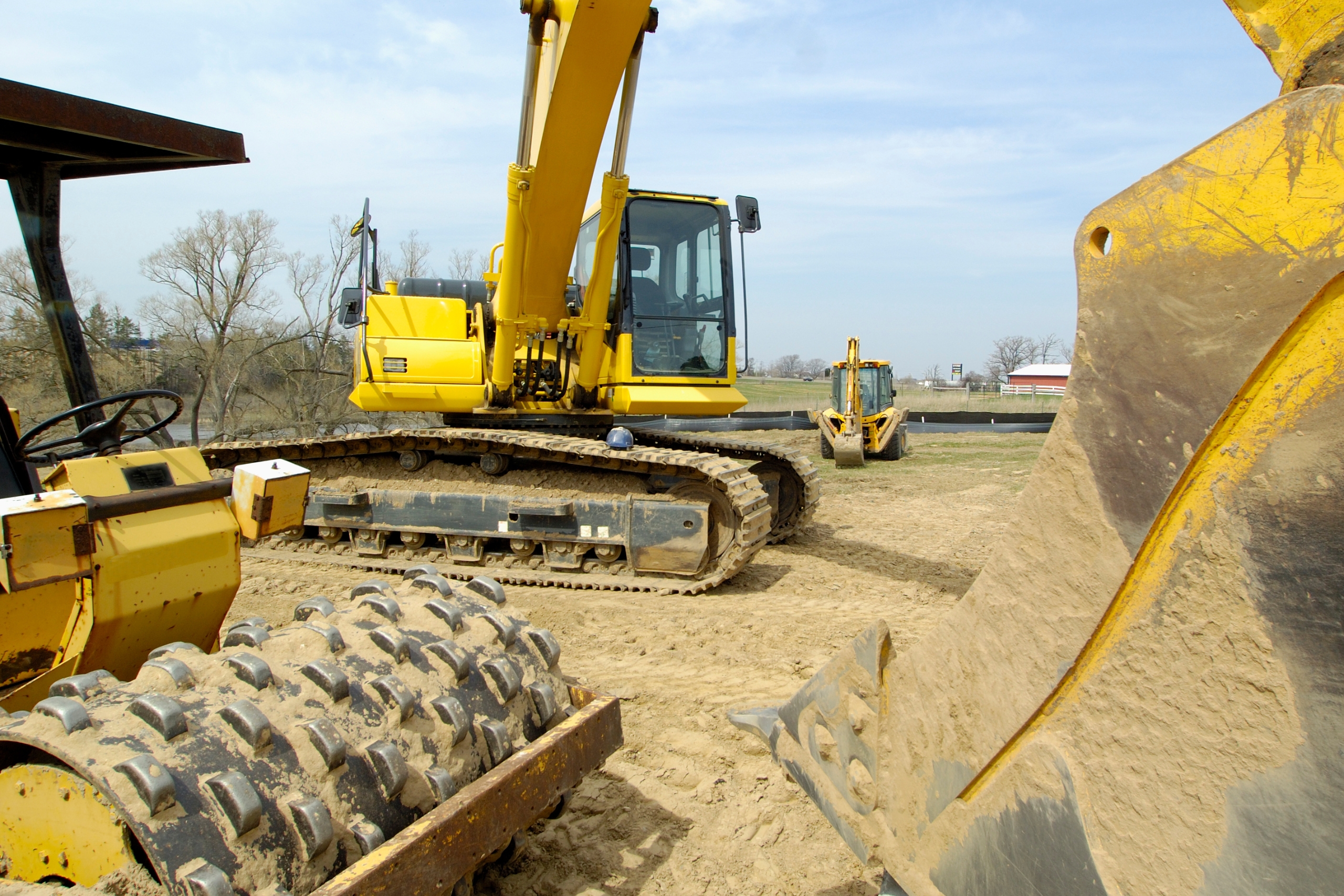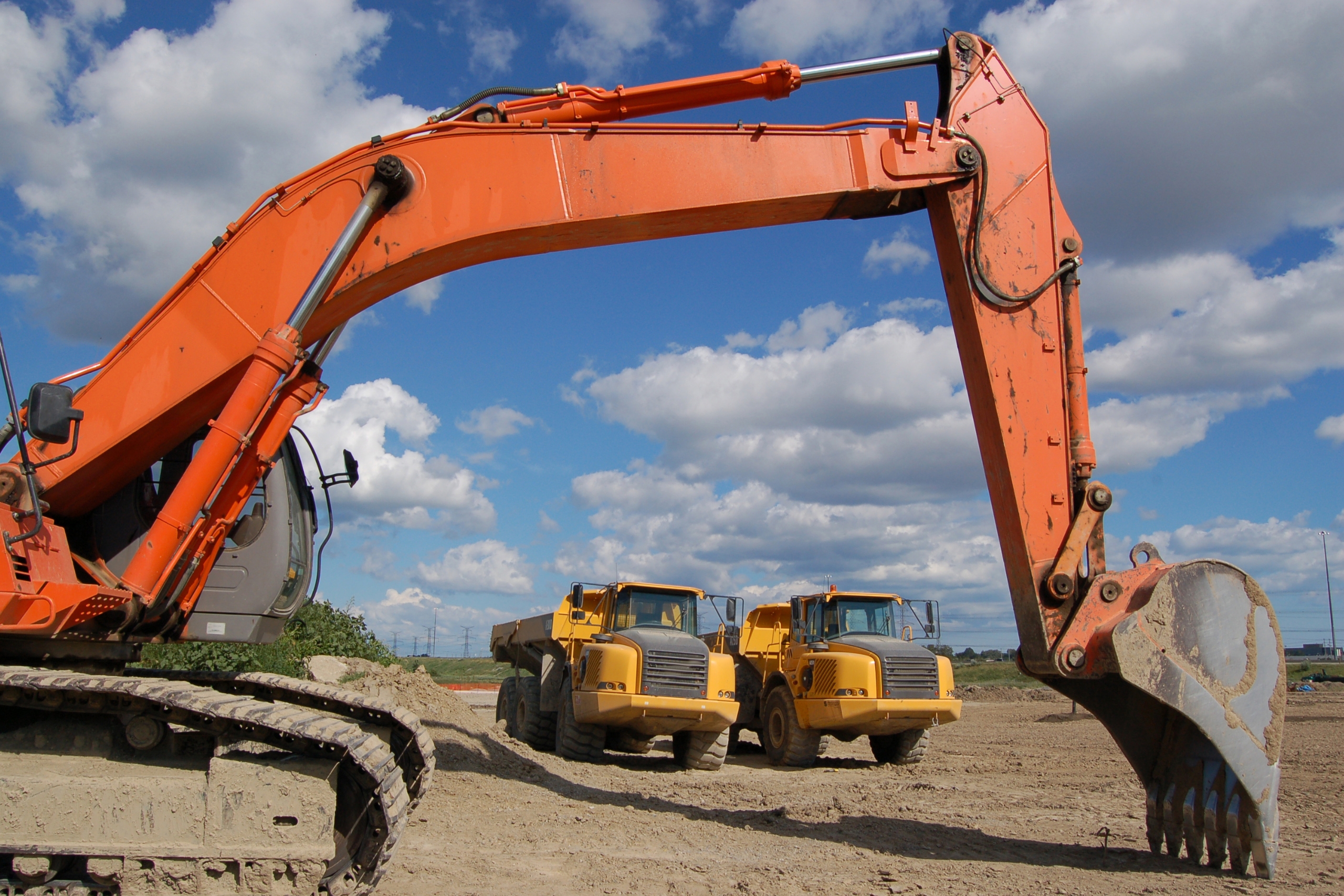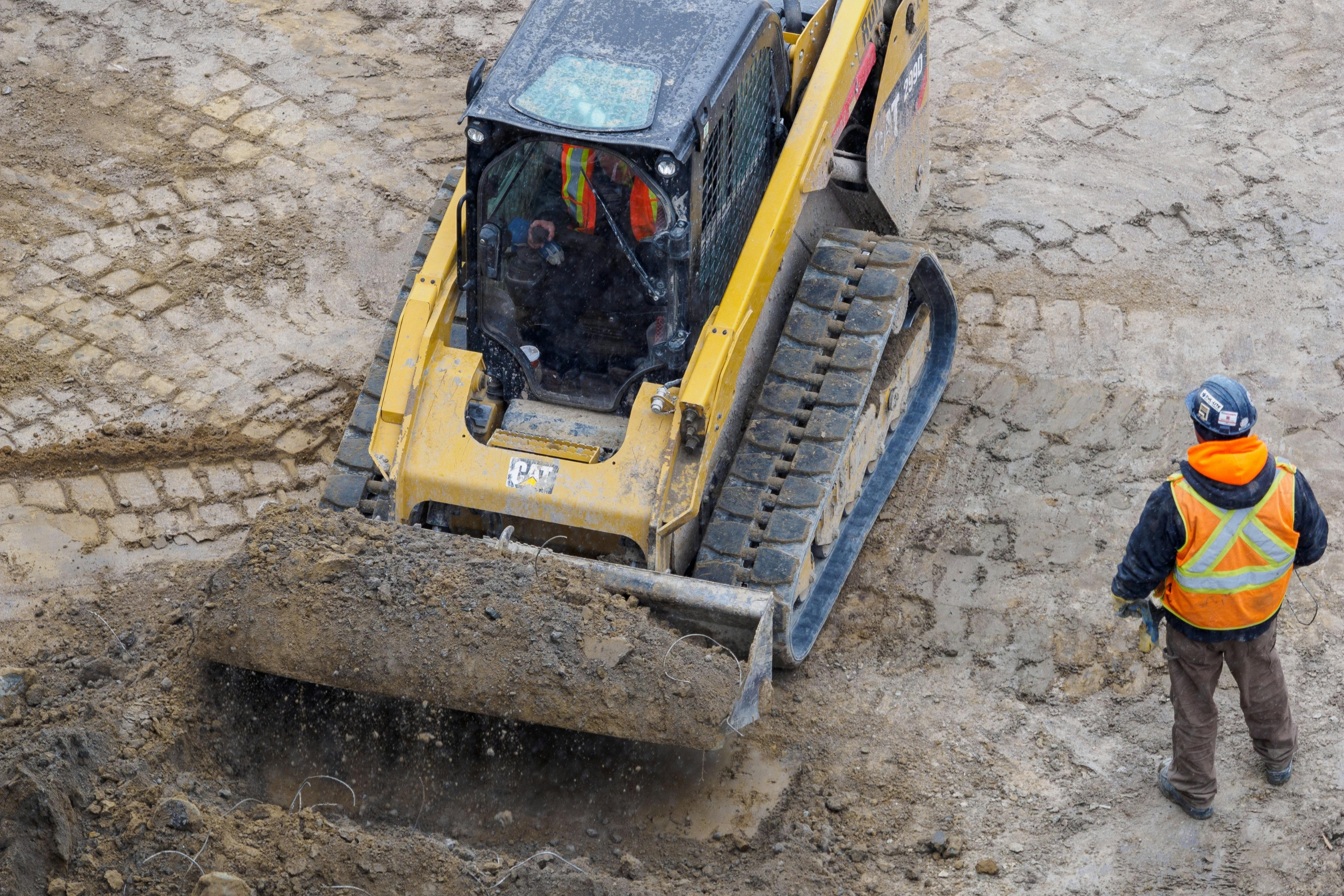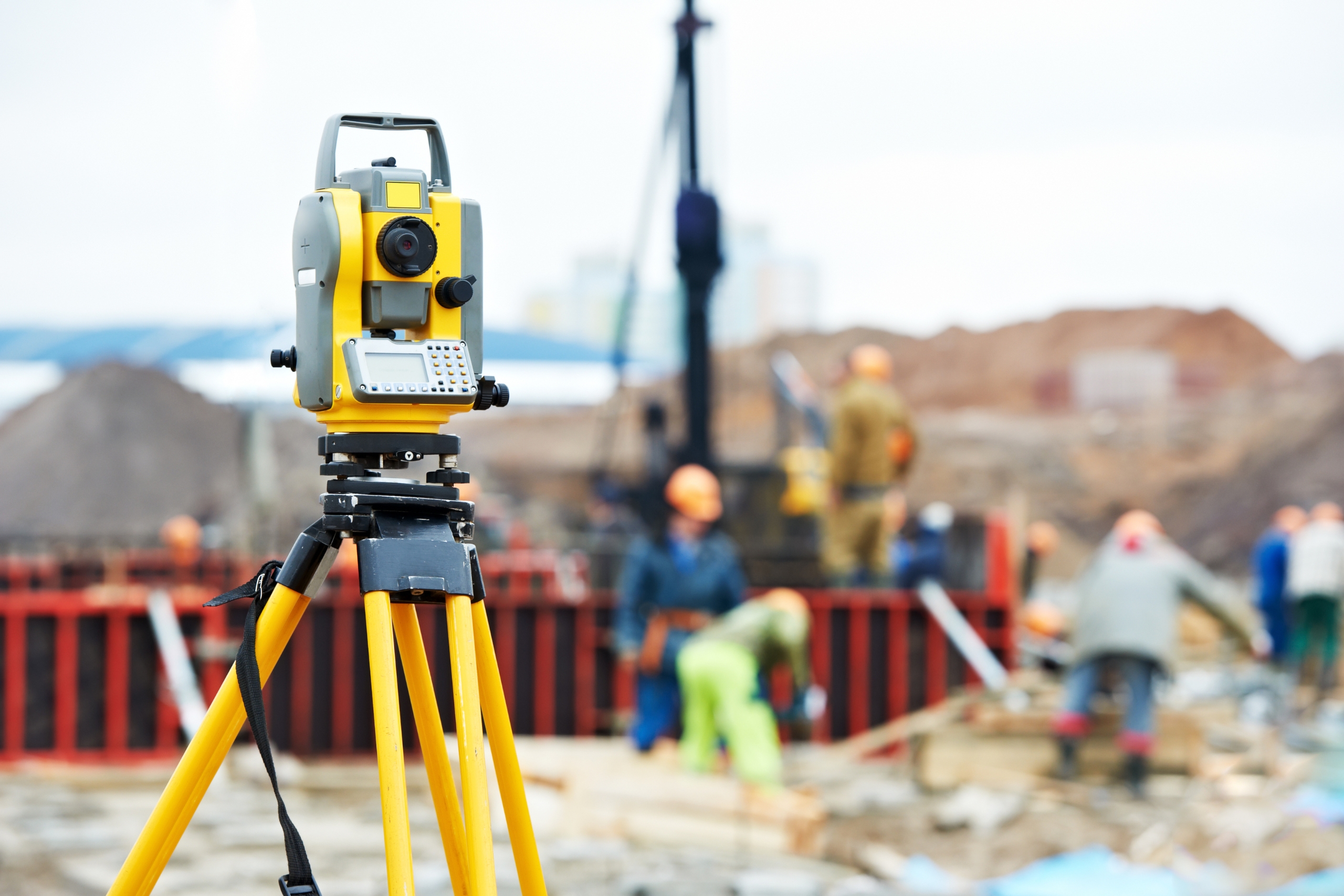Commercial construction is often wrapped in misconceptions, particularly about project timelines. Many believe that construction inevitably takes longer than planned, resulting in frustration and mistrust. However, understanding the complexities involved can shed light on why these timelines exist and how they can be managed effectively. Several myths persist that influence expectations in the construction world. Ideas around delays, fast-track methods, and the allocation of responsibilities often paint an incomplete picture. By exploring these myths, clients and stakeholders can engage more constructively with the process. Recognizing the facts behind these myths not only sets realistic expectations but also encourages better collaboration between all parties involved. When clients, contractors, and suppliers work together with clear communication, the journey to project completion becomes smoother, more efficient, and ultimately more fulfilling. Let’s dive into these common myths and gain a clearer picture of what truly affects construction timelines. Myth: Construction Always Takes Longer Than Planned The belief that construction projects inevitably run late is widespread. This myth persists because many projects do experience delays. However, assuming that all projects are destined to fall behind ignores the nuances involved. Factors like unforeseen site conditions, weather impacts, or changes in project scope often cause delays. Common causes of delays include insufficient planning, communication breakdowns, and supply chain disruptions. Proper project management is crucial to mitigate these issues. This involves thorough pre-planning, clear communication channels, and proactive risk management. Scheduling tools, along with regular progress check-ins, help keep everyone aligned and informed. Effective planning and management strategies, such as the Critical Path Method (CPM) and Gantt charts, are instrumental in maintaining timelines. These tools help identify key tasks and potential bottlenecks early. Adjusting plans as necessary keeps projects on schedule despite unforeseen challenges. It’s important to understand that not every construction project lasts longer than expected. With the right strategies and thorough preparation, many projects finish on time. Focusing on detailed planning and active management significantly reduces the risk of delays, effectively debunking this enduring myth. Myth: Fast Track Methods Compromise Quality Fast-tracking in construction means overlapping project phases to accelerate timelines. Some believe this approach inevitably degrades quality, but this is not true. Fast-tracking is designed to save time without sacrificing high standards. With the right processes in place, quality can be preserved, or even enhanced. Quality is maintained through careful coordination and clear communication. Fast-tracking requires detailed plans and specialized managers to ensure every task meets exacting standards. Using proven techniques and materials helps uphold quality even under tight schedules. Examples of best practices for fast-tracking involve integrating technology and adopting lean construction methods. Technology aids in real-time monitoring, allowing project managers to spot issues early. Lean construction techniques minimize waste and improve efficiency, ensuring resources are used effectively without affecting the final quality. Fast-tracking does not mean cutting corners. Utilizing structured processes, experienced teams, and efficient resource management ensures that projects remain both fast and high-quality. With these practices, fast-tracking can reliably speed up completion times, addressing misconceptions about its impact on construction standards. Myth: All Delays Are Negative While construction delays frequently cause frustration, they are not always harmful. There are instances where postponing progress can lead to better outcomes. Delays may allow for more thorough inspections, additional design considerations, or the opportunity to use new, improved materials that were not initially available. Flexibility is crucial in construction scheduling. Sometimes, pausing allows teams to address unforeseen challenges without hastily implementing half-measures. For example, seasonal weather conditions might necessitate adjusting tasks to safer or more suitable times. This flexibility can prevent poor-quality outcomes and ensure safety without compromising project integrity. Consider situations where delays facilitate a better end result. Extra time can be advantageous when refining design elements, integrating the latest technology, or aligning all stakeholders on the same vision. These refined outcomes often translate into enhanced project quality or increased functionality, benefiting everyone involved. It’s a myth that all delays are detrimental. Understanding the reasons behind a delay helps capitalize on opportunities to enhance the construction process. Emphasizing flexibility and strategic adjustments enables projects to emerge stronger and more aligned with the original vision. Myth: Timelines Are Solely the Contractor’s Responsibility Timelines in construction are a collective responsibility, not just the contractor’s burden. Multiple parties, including clients, subcontractors, and suppliers, influence the ability to meet deadlines. Clear responsibility-sharing ensures everyone understands their role in maintaining the schedule. Collaboration is key in meeting timelines. Communication between all parties is crucial, as decisions by one can impact progress elsewhere. For instance, delays in client approvals or supply deliveries can disrupt the entire timeline. Coordination meetings foster a shared understanding and keep the project on track. Clients can be proactive by prioritizing prompt decision-making and open communication with contractors. Regular updates and queries can iron out potential issues early. Ensuring that all stakeholders have the necessary information avoids misunderstandings or avoidable setbacks. Everyone involved in a construction project has a part to play in meeting the schedule. Cooperative efforts between clients, subcontractors, and suppliers ensure adherence to the timeline. Clear communication and a spirit of teamwork set the foundation for success, debunking the myth that timelines fall solely on the contractor. Knowledge is power against myths that surround construction timelines. Understanding the truth about these misconceptions empowers all parties involved to navigate projects more effectively. The construction process is not a monolithic system; it involves intricate planning, teamwork, and flexibility. Recognizing the potential benefits of certain delays and the role every stakeholder plays highlights the complexity of managing timelines. This awareness fosters a culture of collaboration, ensuring projects meet both time and quality expectations. By focusing on open communication and preemptive planning, the entire construction ecosystem benefits. For any construction project, having an experienced partner with a deep understanding of timelines is invaluable. As needs evolve and challenges emerge, expert guidance ensures that expectations align with reality. Embracing a comprehensive approach to schedule management can differentiate successful projects from troubled ones, leading to stronger outcomes. Partner with PC Construction to harness this strategic advantage. With
Construction Services in Omaha, NE What You Need to Know
Construction projects in Omaha, NE, require careful planning and consideration. From choosing the right type of service to understanding local regulations, each detail plays a role in the success of a project. It’s important to know what options are available and how they fit your specific needs. Overview of Construction Services Offered in Omaha, NE Omaha, NE, offers a variety of construction services to meet diverse project needs. Understanding these services is vital to making informed decisions. The most common types in the area include general contracting, construction management, and design-build. General contracting involves overseeing the daily activities of a construction project. This includes hiring subcontractors, purchasing materials, and ensuring that projects meet deadlines. A general contractor acts as the primary contact and manages everything from start to finish. Construction management is a more collaborative approach. It focuses on managing a project’s time, cost, and quality. A construction manager works closely with the owner, architects, and contractors. This service is beneficial for projects that require detailed planning and coordination. Design-build is a streamlined process where design and construction services are combined. This approach reduces timelines and potential changes by involving only one team from concept to completion. Choosing the right service is crucial. Projects vary in size and complexity, requiring different services. For example, a straightforward renovation might only need general contracting. However, a complex commercial building might benefit from construction management or design-build. Local regulations in Omaha affect how services are provided. Building codes and safety standards ensure projects are safe and compliant. Understanding these regulations helps avoid potential issues and delays. Being aware of local measures is important when planning to ensure everything aligns with requirements. Understanding the Local Construction Landscape Several unique factors shape Omaha’s construction landscape. Knowing the industry trends and how they affect projects helps in making smart decisions. The local industry shows growth in sustainable building methods. Many businesses are adopting eco-friendly practices to reduce environmental impact. Using energy-efficient materials and designs not only helps the environment but also reduces long-term costs. Weather and geography significantly impact construction projects. Omaha experiences seasons with varying weather conditions. Cold winters can cause delays due to snow and ice, while wet springs might affect site access. Planning around these conditions is important for staying on schedule. Geographical features also play a part. Soil types and landforms can impact foundation stability and site preparation. Proper assessment is required to handle any challenges these might pose. Despite these challenges, opportunities abound. Omaha’s growing economy and population drive the need for more infrastructure. There are chances to engage in community-focused projects or innovative designs that meet local demands. Being aware of these factors, trends, and unique characteristics helps project managers, contractors, and stakeholders plan effectively. This understanding leads to more successful projects while meeting the needs of businesses and the community in Omaha. Choosing a Local Construction Partner Selecting the right construction partner in Omaha, NE, involves several key considerations. It’s essential to evaluate potential partners based on their experience, reputation, and understanding of local needs. When choosing a partner, consider their track record. Look for a company with a solid history of successful projects within the area. This experience indicates they are adept at navigating any local challenges. Review their qualifications and certifications to ensure they meet industry standards. A qualified contractor is more likely to adhere to regulations and deliver quality work. Check references and completed project portfolios. This gives insight into their capabilities and project management style. Past clients can provide information on work ethic, reliability, and quality. Working with a local construction company offers benefits, such as a deep understanding of community needs and conditions. Local firms are more likely to have established relationships with local suppliers and subcontractors, which can translate into smoother projects and better pricing on materials. Maximizing Success in Omaha-Based Projects Achieving project success in Omaha requires careful planning and execution. Start with a comprehensive plan that outlines project goals, timelines, and resources. A clear schedule keeps the project organized and moving forward efficiently. Adopt best practices for budgeting. Regularly monitor expenses against the budget to avoid overspending. Efficient resource management and cost control help keep financial matters on track. Effective communication with the local team is critical. Set up regular meetings to discuss progress, address concerns, and make adjustments. Prompt communication prevents misunderstandings, reduces risk, and ensures everyone is on the same page. Involve local experts who understand Omaha’s specific challenges. This collaboration can identify potential obstacles early and provide solutions tailored to the local environment. Navigating the construction landscape in Omaha, NE, requires a blend of insight, planning, and collaboration. Understanding the types of services available, local industry trends, and the unique attributes of the region sets a firm foundation for any project. Choosing a trusted local partner who knows the community dynamics and challenges enhances the likelihood of success. From predicting the impact of weather on project timelines to addressing logistical challenges, every step is crucial in achieving optimal results. At PC Construction, we’re dedicated to excellence in every project we undertake. As your reliable construction partner, we bring expertise, local knowledge, and a commitment to your vision. Reach out to us today to learn more about our Omaha construction services and how we can help turn your construction plans into a successful reality. Let’s build something great together!
Why Preconstruction is Key to a Safe Construction Project
Safety is a top priority in the construction industry, and ensuring that safety protocols are followed on-site requires careful planning and foresight. One of the most effective ways to mitigate risks and ensure a safe environment for workers is through comprehensive preconstruction planning. By addressing potential hazards before work begins, commercial preconstruction services can lay the groundwork for a smooth, safe, and successful project. Here’s why preconstruction is crucial to maintaining safety on construction sites! Identifying Potential Risks Early Before breaking ground, it’s essential to identify and assess all potential hazards that could arise during the course of the project. Preconstruction allows project managers, engineers, and safety professionals to evaluate the site, design plans, and materials to identify risks such as structural instability, hazardous materials, or equipment-related dangers. By flagging these concerns early, steps can be taken to eliminate or mitigate them before workers are exposed to danger. Tip: During the preconstruction phase, conduct a site safety audit to inspect everything from the condition of the land to existing infrastructure. This helps address challenges such as soil instability or environmental hazards that could cause harm down the line. Establishing Clear Safety Protocols Preconstruction also provides an opportunity to establish clear, comprehensive safety protocols for the entire team. From safety training to emergency procedures, preconstruction ensures that everyone understands their responsibilities and the safety measures in place. Clear safety protocols help workers feel more confident and informed, leading to fewer accidents. Tip: A safety plan should be developed during preconstruction and communicated effectively to all team members. This includes setting up appropriate personal protective equipment (PPE) requirements, safety checklists, and procedures for reporting unsafe conditions. Proper Equipment and Resource Allocation In the preconstruction phase, construction managers can evaluate the types of machinery, tools, and resources required for the job. Ensuring that equipment is safe and suitable for the tasks at hand is key to preventing accidents. By selecting the right tools and machinery early on, construction teams can avoid the risks of equipment malfunction or improper use. Tip: Ensure all machinery and equipment undergoes a pre-operational safety check before being used on-site. Provide workers with training to operate these tools safely, and make sure they’re maintained throughout the project. Managing Worker Safety Through Proper Scheduling A well-organized project schedule reduces the risk of rushed work and unsafe working conditions. Preconstruction planning includes outlining clear project milestones, labor schedules, and timelines. This structured approach helps to prevent overworking employees and reduces the likelihood of fatigue-related accidents. Tip: Incorporate work-hour limitations and schedule sufficient breaks for workers to avoid burnout, especially in high-risk areas. This keeps workers energized and focused, contributing to a safer work environment. Communication and Collaboration Preconstruction fosters collaboration among all key stakeholders, including architects, engineers, contractors, and safety experts. By collaborating early on, teams can design the project with safety in mind, addressing any concerns regarding site access, material handling, or logistics. Effective communication ensures that everyone is on the same page when it comes to safety measures. Tip: Set up regular safety meetings throughout the preconstruction phase to ensure that all parties are aligned on safety goals, and establish a feedback loop for ongoing safety improvements. Commercial preconstruction services In the construction industry, safety isn’t just about reacting to accidents—it’s about preventing them from happening in the first place. Preconstruction is the foundation of a safe project, allowing teams to identify potential hazards, establish clear safety protocols, and ensure proper equipment and worker management. By investing time and effort in thorough preconstruction planning, construction companies can reduce risks, increase efficiency, and create a safer working environment for all involved.At Perkins Critser Construction, safety is paramount in every project. Our commitment to commercial preconstruction services ensures that we’re not only building strong structures but also protecting the workers who help bring them to life. Contact us today with any questions or to get started on your project!
Preconstruction Checklist for Business Owners
Before breaking ground on a construction project, business owners have many important steps to consider. Proper planning in the preconstruction phase sets the foundation for success. It’s a time to define clear goals, establish a realistic budget, and choose the right team. Thoughtful preconstruction planning helps prevent delays and keeps costs in check. It involves understanding your project needs, settling priorities, and navigating permits and regulations. With careful preparation, owners can avoid common pitfalls that arise during construction. This checklist will guide you through the essential steps of preconstruction. Having a reliable and knowledgeable partner at your side can streamline this process and ensure your project runs smoothly from start to finish. Defining Project Goals and Requirements Having clear project objectives is crucial during preconstruction. They serve as a roadmap, guiding your project from start to finish. These objectives help align your team, enabling everyone to work towards the same goals. Before any work begins, take the time to define what you aim to achieve with your project. First, identify the specific needs and deliverables of your construction. Consider the project’s purpose, whether it’s for expanding your business or renovating existing space. Ask yourself what success looks like upon completion. Is it meeting certain environmental standards or staying within a strict timeline? Document these elements clearly to ensure all parties are aligned. Once you have your objectives, set priorities to guide decision-making. Determine which aspects are non-negotiable, like completing by a specific date or staying within budget. Establish secondary priorities that can be flexible, such as certain design features. This hierarchy will assist in keeping the project focused and efficient, ensuring crucial elements aren’t overlooked. Budget Planning and Financial Considerations Creating a realistic budget is fundamental to a successful preconstruction phase. Begin by compiling a comprehensive list of all anticipated costs. This should include materials, labor, permits, and potential fees. It’s essential to be thorough and realistic to avoid unpleasant surprises down the line. Consider different financing options to support your project. Evaluate whether you will use savings, seek loans, or explore financing from lenders. Securing funds early ensures a smoother process, preventing delays once the project is underway. Consult with financial advisors to choose the best path for your business’s financial health. Contingency planning is another critical component of budget planning. Construction projects often encounter unforeseen challenges, leading to additional costs. Allocate a portion of your budget as a contingency fund to address these unexpected expenses. This precautionary step helps manage potential risks and keeps the project moving forward without financial strain. Including these financial considerations in your preconstruction checklist prepares you for a well-managed project. It sets a solid foundation, allowing you to proceed confidently and focus on bringing your vision to life. Selecting the Right Team and Collaborators Choosing the right team is essential for the success of any construction project. Start with selecting a general contractor who has experience relevant to your project’s scope and complexity. Consider factors such as their track record, expertise in the type of construction you need, and their ability to meet deadlines. When forming your project team, include specialists such as architects, engineers, and project managers. Having these experts onboard from the beginning ensures that your project benefits from a wide range of skills and knowledge. It paves the way for smooth transitions between the design, planning, and building phases. Evaluate potential collaborators by examining their past work and reputation. Look for reviews or testimonials from previous clients and visit completed projects if possible. This research gives you insights into their work quality and reliability. Remember, a well-assembled team improves communication, reduces misunderstandings, and keeps the project on track. Navigating Permits and Regulatory Requirements Understanding permits and regulations is necessary for legal and safe construction. Common permits you might need include zoning approvals, building permits, and environmental clearances. Each of these serves to ensure that your construction meets safety and operational standards. Start by researching the specific requirements for your project location. Different areas have different regulations, so it’s crucial to understand what’s needed in your area. Securing the right permits often involves submitting detailed plans, so be prepared with accurate documentation early in the process. Obtaining these permissions can be time-consuming, but it’s essential to follow all necessary steps. Working with a knowledgeable construction partner can ease this process, ensuring compliance with all local laws and standards. Adhering to these regulations not only avoids legal issues but also ensures the safety and integrity of your project. The Importance of Proper Preparation for a Successful Construction Project Preparing for a construction project involves a complex mix of tasks that need attention in the early stages. By setting clear objectives, planning a realistic budget, choosing the right team, and navigating regulatory requirements, business owners can significantly mitigate risks. This groundwork lays the path for a smoother building phase, ensuring the project stays on track, within budget, and aligned with your vision. Partnering with experienced professionals like PC Construction to guide you through these steps can enhance your project’s success. Our expertise in preconstruction planning in Omaha aids in managing these critical early stages efficiently. Contact PC Construction today to discuss how we can assist you in turning your construction plans into reality while ensuring a seamless and worry-free process.
The Role of Technology in Modern Construction
Modern technology is revolutionizing the way construction projects are planned, executed, and delivered, from design to execution.






